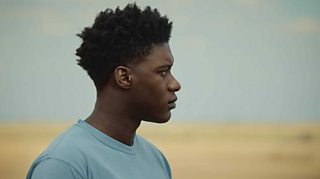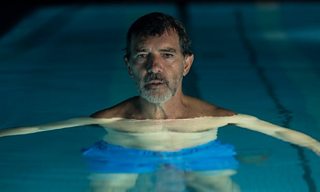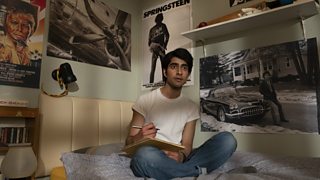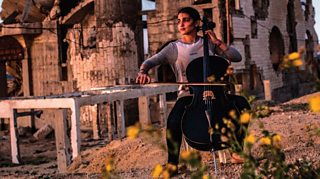Mike Catto's Weekly Review
Always thought provoking, The Last Tree is supremely enjoyable and, indeed, uplifting. It takes what could have been a grim social-realist story and, while never shying away from the harsher aspects of the protagonist’s young life, gives us wonderful visual images of rural England contrasting with urban London and bustling Lagos.
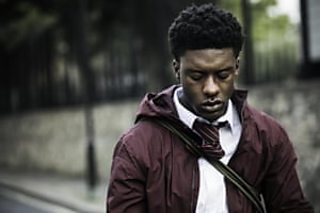
He develops a crush on a girl, but a school mate tells him thatβs sheβs βtoo blackβ.
It is perhaps simplistic to say that the film is all about contested identities, but shifting notions of identity suffuse it. Set in the early Noughties, the child Femi (Tai Golding), a Yoruba Nigerian, is loving life in wide-open Lincolnshire with his white foster mother, Mary. While he, as we might say, stands out from the other children of the area, he feels safe. The landscapes he exists in are almost idyllic. However, he suffers his first major crisis when his birth mother Yinka, a very religious and strict Yoruba is able to reclaim him and he is forcibly removed from the vast skies of the country to a more grimly toned concrete London estate.
Not only does he have to cope with the physical dislocation – and an unwarranted sense of betrayal against Mary – he is now thrust into a maternal household that, through doctrinal/cultural bombardment and physical beatings leaves him bewildered. Even as he becomes a teenager ( now played wonderfully by Sam Adewunmi) among other black kids, he feels alien and alienated. He talks differently, he isn’t (initially) urban streetwise. He even learns of the differences in a ‘black’ community. Cultural differences exist between teens of African and Afro-Caribbean backgrounds. Some have all black parental backgrounds, some are mixed race. He develops a crush on a girl, but a school mate tells him that’s she’s “too black”.
Not surprisingly, he is drawn bit by bit into the local drug and gangster culture, first dominated by the gang leader Mace, then doing nothing when Mace commits violence and finally actually protecting Mace in a gang on gang rumble. Eventually, more confused than ever and a bit addled with drugs, he runs back to Lincolnshire, to Mary and there is both a reconciliation and Femi being able to breathe and take stock of his life.
The Last Tree is its own film, while also standing its ground against those other films.
He goes back to London. Later, Yinka takes him to Nigeria and he discovers that his biological father is a Christian preacher. Somehow he begins to understand about places, people and himself.
Wonderful photography across the three major locations. Superb sound design too, with everything from (appropriately) The Cure to the blood pounding in his confused head, and soundscapes that capture the stillness of the English fenlands, the almost grey sounds of the estate and then, glorious bursts of sounds in Lagos…and the contemplative silence in his father’s huge house.
Both Shola Amoo and Sam Adewunmi are British-Nigerian and both Yoruba. The young actor had never been in Lagos before. He is, like Femi, visibly moved. So are we. We can invoke lots of films, from The 400 Blows to, more recently, Moonlight if we want to make comparisons, but The Last Tree is its own film, while also standing its ground against those other films. See it. Listen to it.
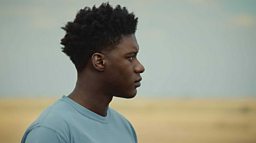
Film
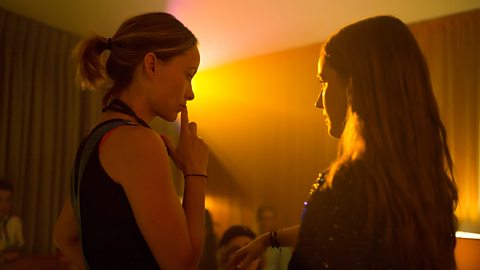
Booksmart - 24 hours left to party!
Beanie Feldstein and Kaitlyn Dever star in what has been dubbed the female 'Superbad'.
